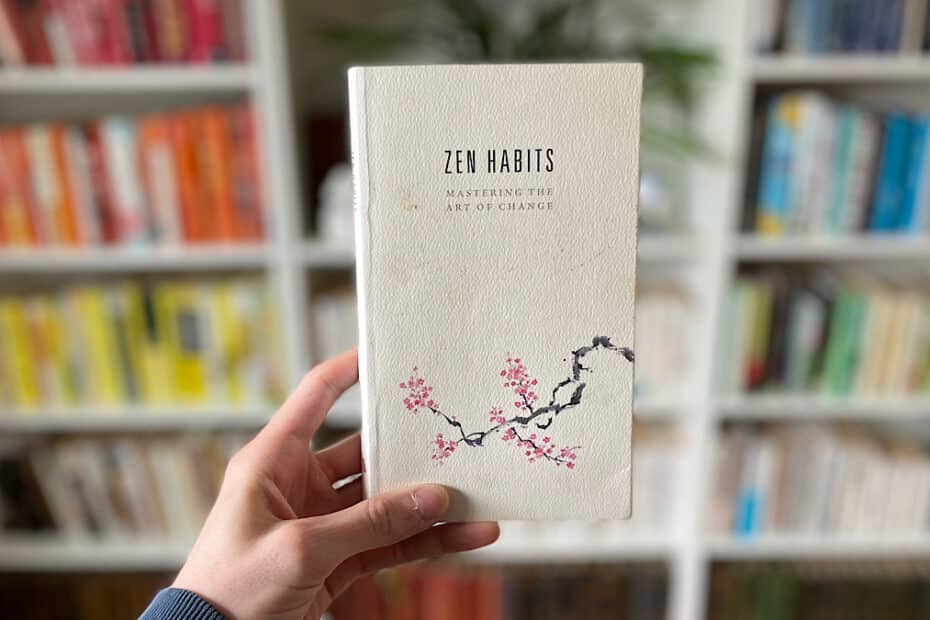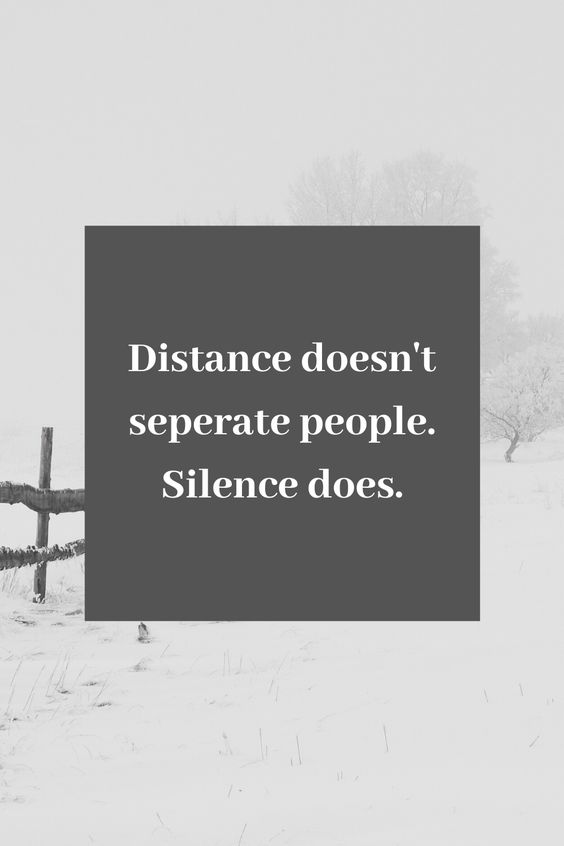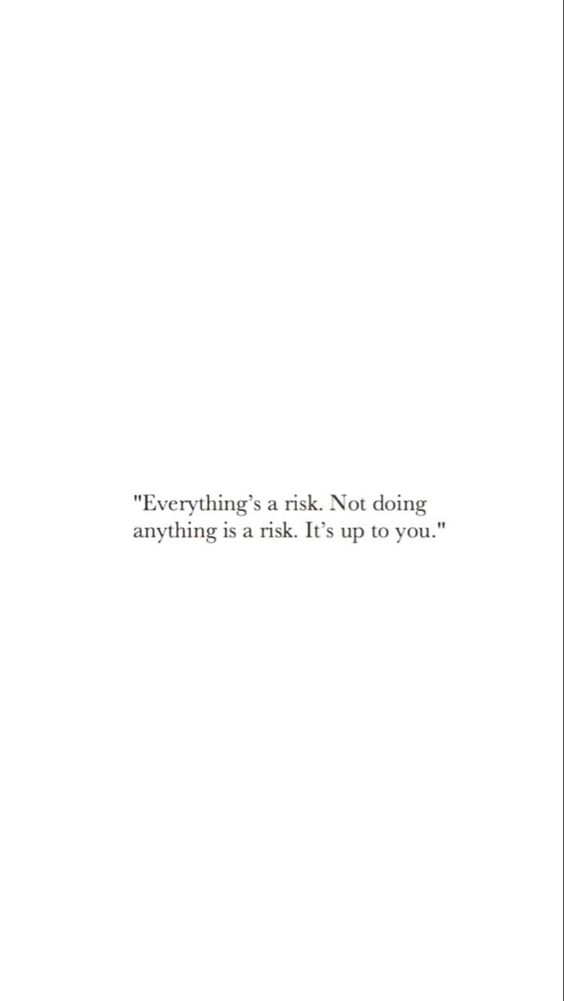Gregory Stock Quote on Friendship—and What Your Friends Say About You
“What could someone figure out about you by the friends you’ve chosen? …Do your close friends tend to be older or younger than you? Less or more talented and successful than you? Do they share your values? Ambitions? Interests?”
Gregory Stock, The Book of Questions
Beyond the Quote (62/365)
You could probably learn a lot about someone by the friends they’ve chosen. In fact, I’m a firm believer in the idea that you are a product of who you surround yourself with the most. How could you not be? Your close friends are the ones who have the greatest influence over you. They’re the ones who you spend the most time with, who you challenge to games and do activities with, who you poke around with intellectually, who you have deep conversations with (or at least conversations beyond the superficial), and who you measure (and ultimately align) values, ambitions, and interests with. While this certainly isn’t always the case, I feel like it is more often than it’s not and can definitely provide noteworthy insights that will help you better understand your current situation.
Read More »Gregory Stock Quote on Friendship—and What Your Friends Say About You





